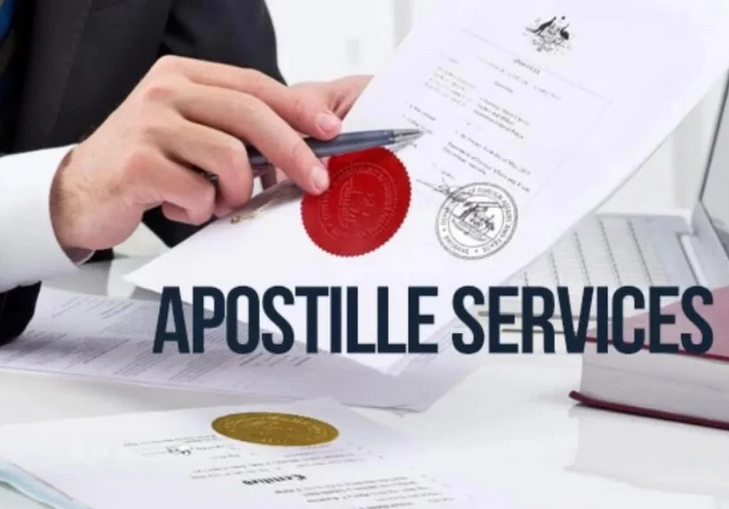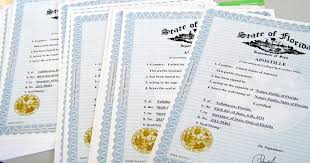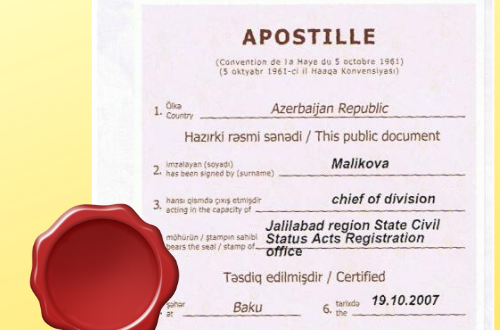Revealing the Vital Function of Apostille in Simplifying International Document Recognition Processes
In the realm of global events, the validation of papers holds paramount significance. Among the internet of bureaucratic treatments and varying legal requirements throughout various countries, the function of apostille emerges as a key facilitator in simplifying the process. By fastening an apostille to a paper, it undergoes a streamlined validation that is recognized throughout numerous countries, thus reducing the concerns linked with cross-border paper authentication. As we dig right into the complexities of this specialized qualification, the nuances in between apostille and traditional recognition methods come to light, losing a new point of view on the efficiency and performance of this important yet often neglected procedure.
Recognizing Apostille Basics
In the realm of paper recognition for global usage, grasping the essential principles of apostille verification is essential. An apostille is a customized certificate that verifies the authenticity of a file for use in foreign countries that belong to the Hague Apostille Convention. Comprehending the essentials of apostille entails identifying that it does not validate the content of the file however rather licenses the signature and seal of the providing authority. This accreditation streamlines the process of worldwide document validation by guaranteeing that the file will be recognized as genuine in nations that are events to the Apostille Convention.
Apostilles are typically issued for vital documents such as birth certifications, marriage certifications, and scholastic transcripts. The key parts of an apostille consist of the name of the country where it was issued, the name of the individual authorizing the file, the ability in which the individual signed the record, the seal or stamp of the providing authority, and the date of issuance. By recognizing these essential elements of apostille verification, companies and individuals can browse the intricacies of international record validation with self-confidence and performance.
Benefits of Apostille for Validation

Moreover, the apostille simplifies the confirmation process by giving a standardized certification that validates the credibility of the document, such as birth certifications, marriage licenses, notarized actions, and scholastic transcripts. This standardized style reduces the threat of denial because of unfamiliarity with foreign papers, thus improving the performance of cross-border deals.
In addition, the apostille helps in removing the need for several layers of verification by federal government authorities, as the apostille itself represents the record's validity. This not web link only speeds up the file validation process however additionally reduces the connected prices and bureaucratic hurdles, making it a affordable and hassle-free service for individuals and organizations participating in worldwide activities.
Streamlining Cross-Border Record Verification
Streamlining cross-border paper verification, the apostille removes the demand for lengthy and often difficult recognition procedures commonly needed when presenting papers in foreign nations. By attaching an apostille to a paper, the releasing country licenses the credibility of the document, making it conveniently acceptable in other nations that are part of the Hague Apostille Convention.
In addition, the apostille system boosts the safety and reliability of cross-border record validation by giving a clear and internationally approved mechanism for verifying the legitimacy of files. This simplification of verification processes not only advantages individuals and services seeking to run internationally however additionally fosters smoother communication and cooperation between countries by making certain the reliability of shared paperwork.
Importance of Apostille in Legalization

Apostille makes sure that legal documents such as birth certifications, marriage certifications, powers of lawyer, and court files are recognized and approved in foreign territories. The apostille procedure minimizes the taxing here procedures and governmental obstacles generally linked with paper legalization, making worldwide transactions extra effective and legitimately binding.
Apostille Vs. Standard Validation Techniques
Contrasting apostille with standard validation techniques discloses unique distinctions in the efficiency and simpleness of document verification procedures for global use. Apostille, as a streamlined and standard technique developed by the Hague Convention, uses a more simple method to confirming records compared to typical approaches. Standard recognition procedures often include several steps, consisting of registration, certification by government authorities, and consular legalisation, which can be cumbersome and lengthy.
Apostille, on the other hand, simplifies this process by licensing papers with a single apostille certification issued by a proficient authority in like this the nation where the file comes from (Houston TX Apostille). This certificate is identified by all member countries of the Hague Convention, getting rid of the demand for more embassy legalisation. Therefore, apostille considerably reduces the time and effort needed for record recognition, making it a favored selection for individuals and companies associated with worldwide deals
Final Thought
Finally, apostille plays a critical duty in simplifying global paper recognition processes by providing a standard approach of authentication that is recognized across taking part nations. By enhancing the legalization process, apostille eliminates the need for numerous layers of recognition, minimizing time and prices connected with cross-border record authentication. This effective system benefits people and companies looking for to utilize foreign papers for legal functions, ensuring smoother international deals.
By fastening an apostille to a file, it goes through a streamlined recognition that is acknowledged throughout countless nations, thus alleviating the concerns connected with cross-border record verification. Streamlining cross-border paper authentication, the apostille gets rid of the need for commonly difficult and lengthy validation procedures generally called for when presenting papers in international nations. By fastening an apostille to a record, the releasing country certifies the credibility of the document, making it conveniently acceptable in other countries that are part of the Hague Apostille Convention. By affixing an apostille to a document, the releasing country licenses the authenticity of the signature, seal, or stamp on the document, making it legitimate for use in another participant nation of the Hague Apostille Convention without the requirement for additional legalisation.
